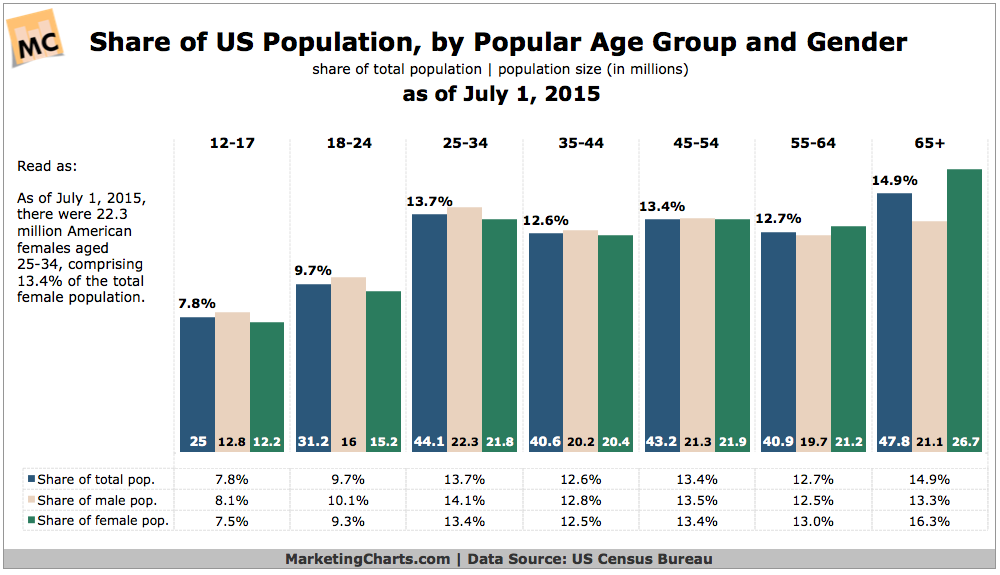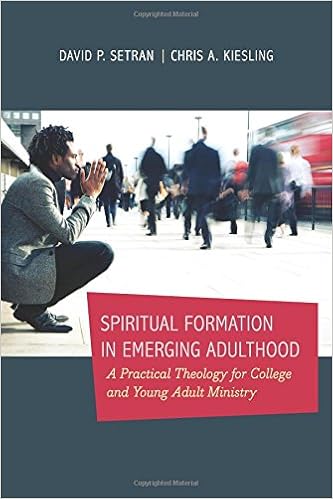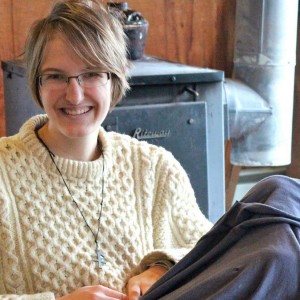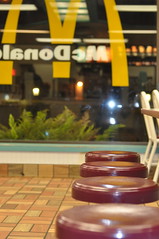A vision of a renewed Jerusalem was given by Nehemiah to rebuild the walls. In Nehemiah 2:17-18, Nehemiah says,

Photo courtesy of Aaron Robert Photography. Copyright 2014. www.aaronrobertphotography.com
“You see the trouble we are in: Jerusalem lies in ruins, and its gates have been burned with fire. Come, let us rebuild the wall of Jerusalem, and we will no longer be in disgrace.” I also told them about the gracious hand of my God on me and what the king had said to me.”
Nehemiah starts with their present condition, and moves to where they should go by providing them a vision and a reminder that God is with them.
A vision does not provide a picture of the way things are, but an image of what could and should be. It focuses a community on where they are going and what must be done to get there. It unifies them as they work towards the common good.
If you are seeking a vision for how to minister to emerging adults, here are a few reflections:
Visions are God-given.

Photo courtesy of Aaron Robert Photography. Copyright 2014. www.aaronrobertphotography.com
True visions cannot be copied. You do not pick them up at a conference, or by mimicking another ministry model. Visions come while seeking the presence of God. Due to the overwhelming church-as-business culture, the terms vision and mission statement are often misconstrued to be synonymous when they are quite different. We have been taught all visions must be easy to read, look nice in print, and be filled with hip lingo. However, true visions do not require confirmation by human intellect, approval by church hierarchy, and cannot be minimized by available resources. If you want a God-given vision cancel your conference, turn off the noise, and sit in the presence of God’s Spirit.
Visions are Spirit-led.
Leaders are always searching for evidence of the Spirit’s work. They are constantly seeking for stirrings of spiritual growth, and wondering either how they can help, or how to get out of the way. In Henry Blackabee’s study Experiencing God, he says, “Go to where God is at work, and join Him there.”
Due to the dynamic nature of our world, visions can change. They are not eternal, but have a shelf-life which is often dependent upon leadership. This doesn’t mean that the vision was wrong, but that it needs to shift due to our constantly changing world.
Visions are human-powered.
While visions are given by God, we are His hands and feet in this world to accomplish the work. I Corinthians 3:9 says, “For we are co-workers in God’s service; you are God’s field, God’s building.” We have the privilege of working side-by-side with others in God’s service. Because developing and realizing your vision is so much work, it is important to enlist the help of a team.
Nehemiah couldn’t build the wall alone, and neither can you. Look to God for a vision, seeking guidance by the Spirit, and recruit a team to work beside you.
 Where there is no vision, the people perish: but he that keepeth the law, happy is he. (Proverbs 29:18)
Where there is no vision, the people perish: but he that keepeth the law, happy is he. (Proverbs 29:18)
Dr. G. David Boyd is the Managing Director of EA Resources, a non-profit designed to equip churches and parents to minister to emerging adults.








 Dr. G. David Boyd is the Founder and Managing Director of EA Resources. He is also the Founder of the
Dr. G. David Boyd is the Founder and Managing Director of EA Resources. He is also the Founder of the  I came across a series of articles on
I came across a series of articles on 


 Emerging Adults are not the only ones
Emerging Adults are not the only ones 
 behind. I completely agree with their statement that “the Dones and the almost Dones are the strongest bridge to the Nones.” (137)
behind. I completely agree with their statement that “the Dones and the almost Dones are the strongest bridge to the Nones.” (137)



 He had asked his son to refrain from tattoos until he was twenty-one. The father’s reasoning included the under-developed brain of emerging adults,
He had asked his son to refrain from tattoos until he was twenty-one. The father’s reasoning included the under-developed brain of emerging adults, 
 Do you know what the hell you’re doing? Because we’re coming clean and admitting that often times we don’t.
Do you know what the hell you’re doing? Because we’re coming clean and admitting that often times we don’t.